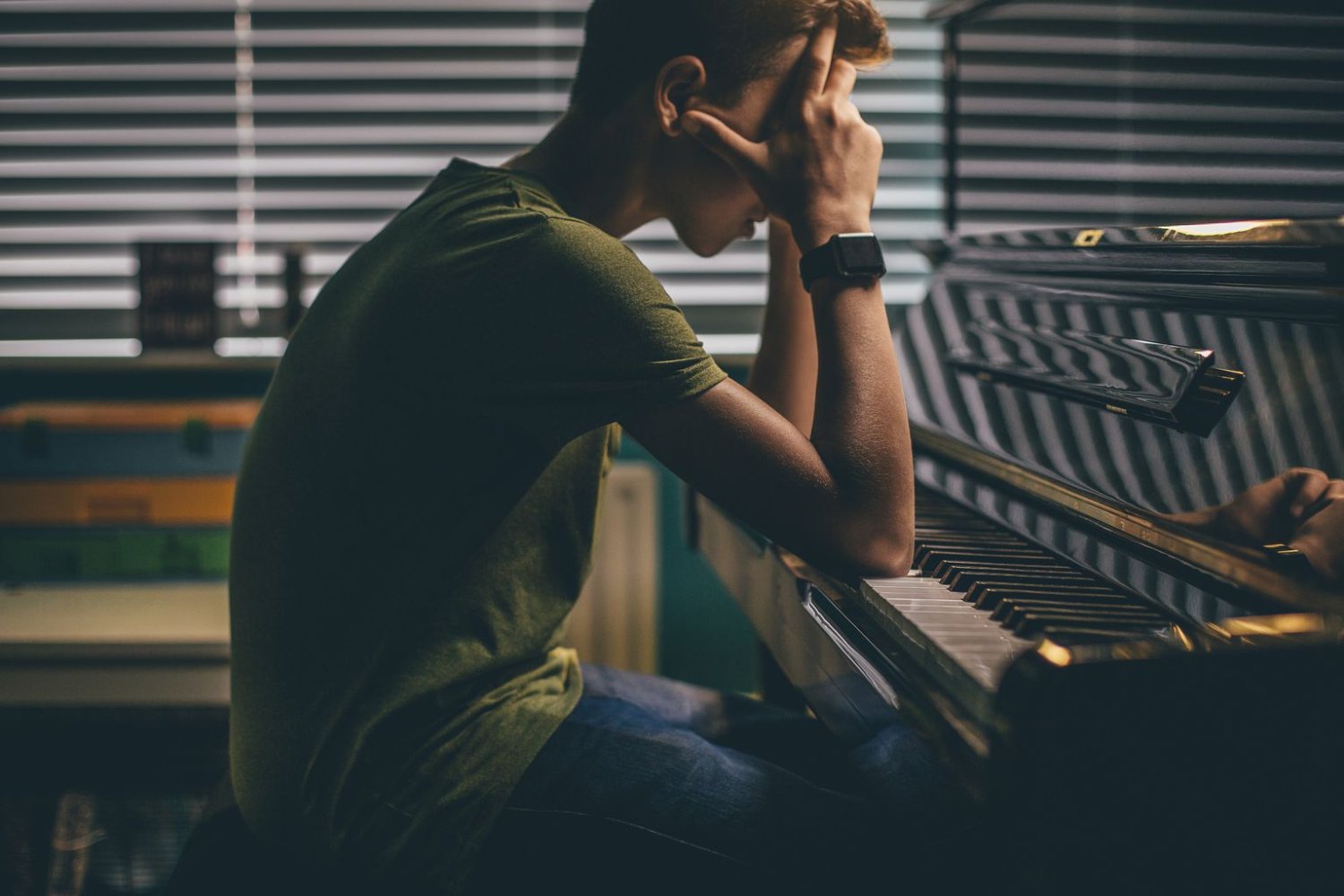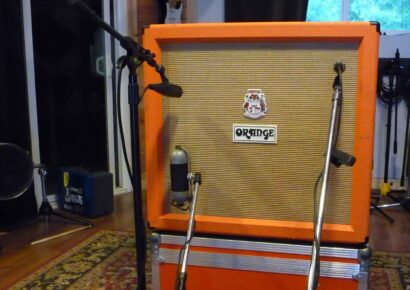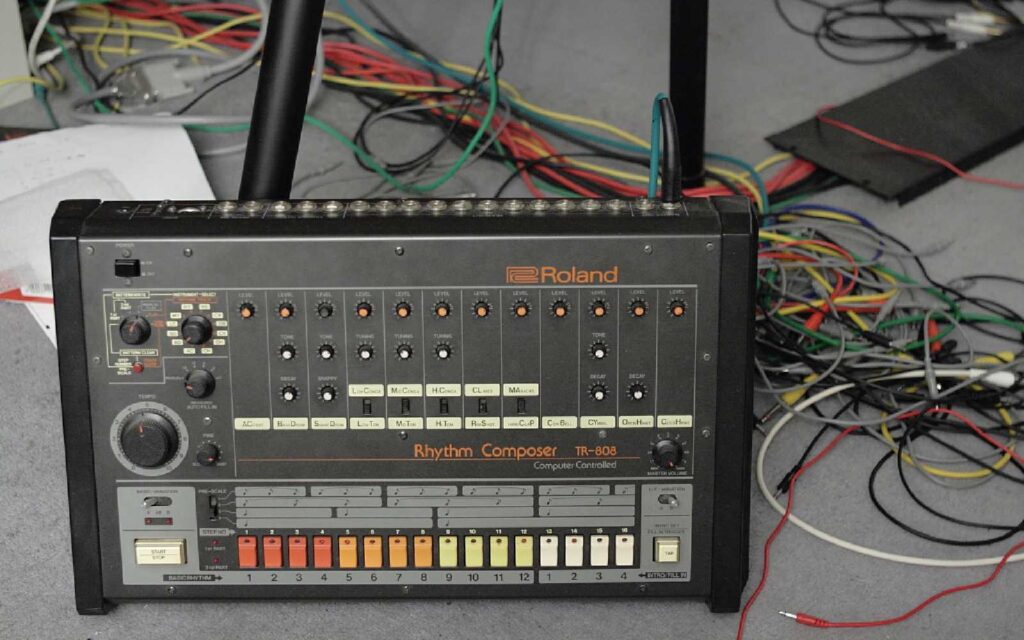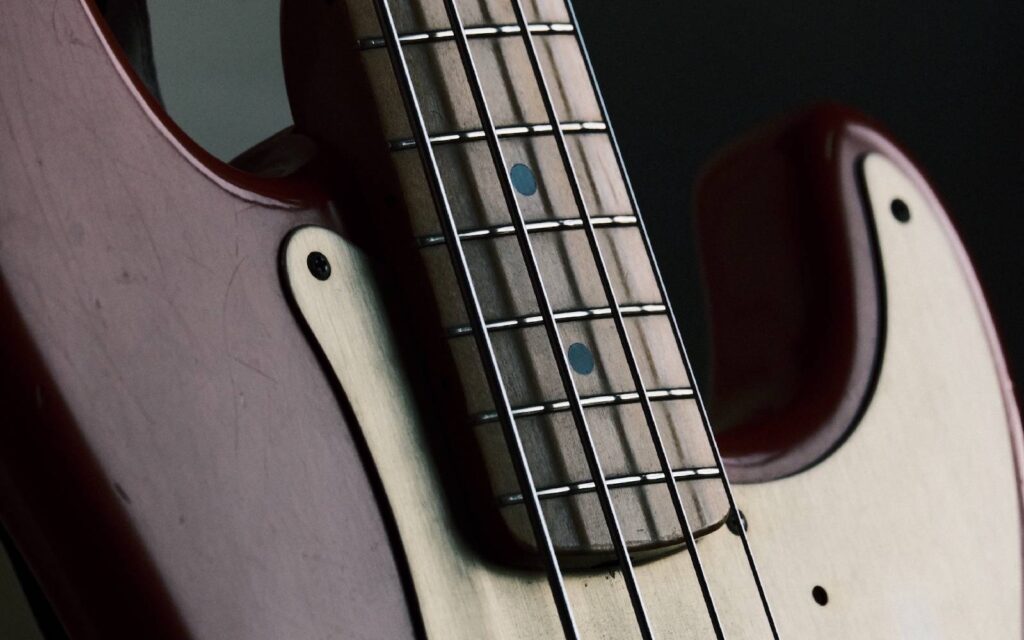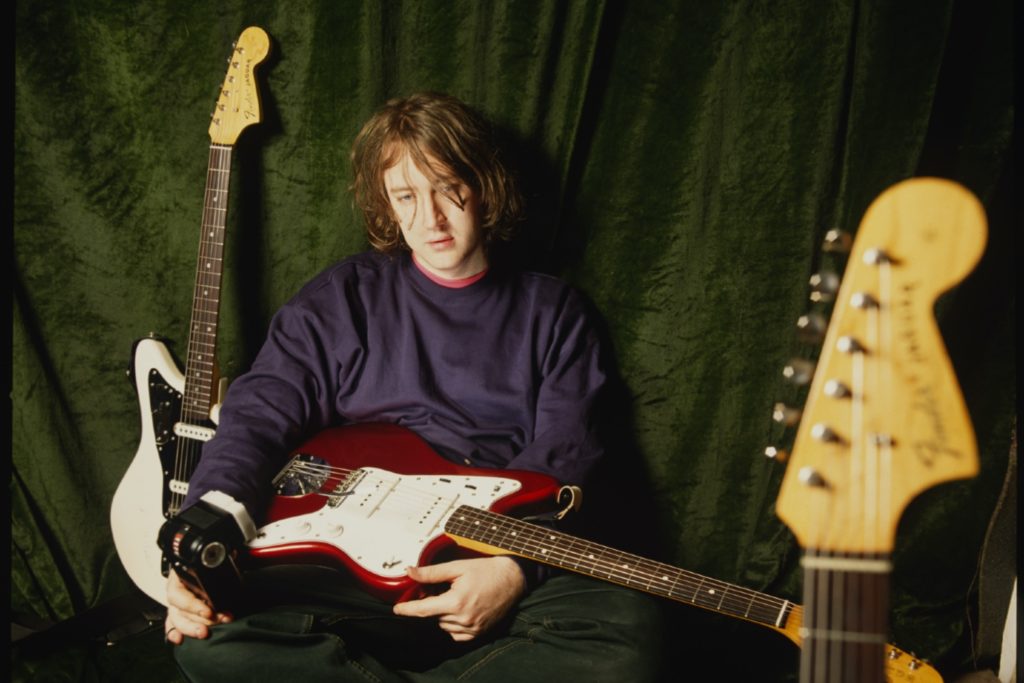For producers, musicians and all creatives!
Let’s face it: creativity isn’t all too hard to come by. If you, like me, tend to find musical inspiration from being surrounded by like-minded people or playing live shows regularly, then you’re probably feeling a little stifled right now – and honestly, we can’t blame you for writer’s block. Maintaining creativity amid all this doom and gloom – particularly in a sector that’s been ravaged as hard as the entertainment industry has – is one hell of a challenge.
Read all the latest features, columns and more here.
Now that the initial burst of inspiration you may have experienced during the first lockdown period six months ago has well and truly come and gone (on that note, shout out to all my fellow Melbourne musicians slogging it through Stage Four right now), it’s getting harder and harder to stay motivated. Some of you may have even just considered packing it all up and calling it a day, and look, we can’t even blame you. This shit is really, really tough.
If you’ve spent too many days in the studio staring at an empty Ableton session or sitting aimlessly with your guitar in your lap, you’re certainly not alone. However, there are ways that you can subvert your creative block, and implement processes to get yourself back on track and swinging harder than ever before.
Of course, none of these tips are miracle cures by any measure – some of them don’t even work for me – but if you’re hitting a brick wall in the creative department, they’re certainly worth having a crack at.
1. Trawl the web
No, seriously. As counterproductive as it sounds on paper, there’s often nothing better in practice than getting stuck in YouTube beat-making abyss or in some ungodly Reddit thread about plug-ins. The internet is an endless source of knowledge, and you’d have to be daft to cut yourself off from having that privilege at your disposal.
With the pandemic, we’ve also seen a huge influx in producers, artists and engineers taking to platforms like Twitch or Discord to share their knowledge and interact with their communities. If you’re feeling a little blunted in the creative department, we’d strongly urge you to join up and test the waters for yourself – who knows what you’ll get out of it.
2. Set yourself a routine
Another cliche, but it’s a cliche because it actually works. Of course, you can’t regulate inspiration – that’s impossible – but you can put yourself in the best spot possible in order to get the most out of your day being creative. Whether that’s as simple as making space for a couple of tea breaks throughout the day or going for a walk to clear your head, or all the way up to meticulous organisational or listening tasks, a regular routine will work wonders to help you tune out of the background noise and hone in on your craft.
I used to work a mind-numbing corporate copywriting job, and the way I kept the creative juices flowing was through implementing a strict album listening routine to follow while working. Each day, I’d listen to five albums I’d never heard before – be it a classic, something from another part of the world, or some sprawling ambient opus on SoundCloud – to ensure I was hearing as much unique material as possible and not just resorting back to the same old playlists, and as redundant as it sounds, I can confirm that it worked a charm. Being constantly exposed to and stimulated by totally new sounds proved to work wonders for my creativity, and I daresay it’d achieve similar results for anyone else.
3. Push yourself outside your comfort zone…
Familiarity, while being a life-saver for many of us while operating in the studio, is the easiest way to sink into predictable habits. When you’ve hit a brick wall creatively, it’s easy to opt for the same sounds, melodies or ideas that have worked in the past when trying to create something new, and while this can be effective on a case-by-case basis, chances are, you’ll just end up with the same half-baked shit you started out with.
Sometimes, you just need to nudge yourself a little bit into the left-field to really get your mojo back. For producers, this could mean something as simple as getting out of the box and toying with a piece of hardware you’re not acquainted with, or for guitarists, maybe you could try your hand at making beats in a DAW to see how your process changes.
I tend to find that experimenting with mobile music apps can be really useful here – when nothing else works, GarageBand iOS never seems to fail me. Remember: Steve Lacy won a Grammy from a beat he made on his iPhone with GarageBand iOS, and there’s no reason why you can’t either.
4. Or just obliterate it altogether
Comfort zone? Screw that! Throw yourself straight into the deep end, and try something totally new to really challenge your creative process. In some cases, not having any pressure to succeed or be good at your instrument can be amazing, and even if you don’t write a hit record, you’ll probably still learn something useful.
After witnessing my band’s packed gigging schedule go up in flames when Melbourne went into its first lockdown in March, I was so despondent with not being able to perform that I simply didn’t pick up my bass for three months. Instead, I devoted all my time towards teaching myself how to DJ and how to sequence hardware with an MPC, which proved to be one of the most liberating learning periods of my life. I don’t have any any killer beats or BBC Radio One sets to show for it, but man, did I learn a lot.
It’s worth noting that this approach tends to work best when you’re totally stumped, or feeling void of any creative direction whatsoever: don’t throw your precious routine out of the window just because your 808s don’t thump like Pierre O’Bourne’s do. A dollop of common sense here will go a long way!
5. Try out a new instrument for a change
Expanding on the last two points, taking up a new instrument can present a plethora of new creative opportunities to you if you’re becoming stagnant on your usual instrument of choice. Maybe switch things up from guitar to bass, or if you’ve got access, take up lessons with something totally left field, like a mandolin or banjo. You mightn’t ever write a bluegrass bop, but maybe you’ll be able to transition that fingerpicking expertise back to your guitar in a month’s time and create the most intricate pattern of your life.
Whenever I find myself getting pissed off with my fading proficiency on the guitar, I find that noodling on a piano is the best thing to overcome my frustrations. My mind tends to operate with a degree of separation when switching between the fretboard and the keyboard, and for some reason, my approach to performance or composition shifts drastically between the two instruments.
6. Revisit your old demos
This can be garish and quite frankly embarrassing at the best of times, but there’s a few good reasons to do this. Firstly, revisiting those old demos you made as a 16 year old can often bear juicy creative fruits: perhaps you’ll stumble upon a forgotten preset or loop that sparks a new song in itself, or maybe you’ll even re-sample an old attempt to create an indie rock song and turn it into a bunch of sweet stabs to cook up a dope beat out of.
It goes without saying that revisiting old demos can be a humbling experience, but some times, being humbled is actually quite useful. It’s easy to cringe at your shitty old naive ideas, but it’s also an opportunity to look back on your craft and how it’s (hopefully) evolved from those days. It might just be that feeling of ‘hey, I’m not so bad at this after all’ that could prove to be a breakthrough, and at the end of the day, it’s always fun to trek down memory lane once in a while.
7. Go back to basics
Similar to the prospect of revisiting old demos for inspiration, I tend to find that immersing myself back into the techniques and patterns I spent my teenage years obsessing over to be a wonderful way to get the creative juices flowing.
Recently, I took the opportunity to revisit my old guitar lesson folder from when I was 15, and got so much enjoyment out of challenging myself with tasks as simple as rotating through the circle of fifths, or even just repeating scales or chord progressions that I’d since forgotten. Of course, muscle memory and the joy of nostalgia probably made this a lot more enjoyable than it realistically should have been, but it was time well-wasted, and I definitely don’t regret it.
8 Spruce up your studio
It feels a bit naff to harp on about the ‘vibe’ of a studio, but your environment can have much more of an impact on your inspiration than you’d probably first imagine. Of course, we’re not suggesting that you go out and invest in a bunch of fairy lights or salt lamps to enhance your studio’s vibrations, but if your studio simply consists of a MIDI keyboard, an interface and a pair of monitors on a shitty IKEA desk, you might want to consider jazzing things up a bit.
Reorganising your studio can often be as simple as changing the location of your keyboard to enjoy a different view while you’re tracking; hell, even having a houseplant or two in the vicinity of your space can be a bit of a mood booster. Further to that, you might discover that switching up your studio setup results in a better acoustic sound, or that you’ve got a little bit of extra room to add in a new synth or piece of hardware to flesh your sound out a little more.
9. Stop, collaborate and listen
If you primarily write alone and find yourself getting tripped up on an idea, it might be worth reaching out to some of your other musical friends to get their opinions on whatever you’re working on, or for them to even contribute ideas of their own.
Sometimes, a fresh set of eyes and ears is all you need to go from 0 to 100 real quick in the creative department, and you might even mesh well enough together that you decide to work on more ideas together and spark yourself a healthy creative partnership. This one’s a bit tough if you’re still in physical lockdown, but there’s a few ways to work around it – Dropbox or Google Drive being the most obvious solutions here.
While we’re at it, I can’t understate how important it is to actively listen to the music being made by your friends, or even that of your creative rivals. Hearing the way they approach varying ideas, or being privy to their methodology, can be vital towards learning new approaches to composition – even if they do completely suck.
10. Just give up
Yeah, for real. Sometimes, you’ve just got to say fuck it, give up, and walk away: maybe not forever, but definitely until you’ve got your head in the right spot. Music – and all types of creativity, for that matter – is a wonderfully fulfilling endeavour that boasts the potential to open up so many pathways you’d have never thought were previously possible. However, at times, it can also prove to be an incredibly frustrating, emotionally draining and spirit-crushing passion to follow, and it’s important to understand when to step back and walk away from something you’re struggling with for the sake of your own mental and physical wellbeing.
Contrary to popular belief, giving up isn’t always a bad thing, and it doesn’t always have to mean forever. Taking a break from music might even result in you coming back and being better than you’ve ever been before. It’s important to look after your mental wellbeing – burn out is a very real problem among creative folk, and it happens all too regularly when we push ourselves too hard to achieve unreasonable tasks. Work smart, not hard: you’ve still got plenty of years left to fill up that Grammy cabinet.
Want to learn from the masters? Keep learning and reading here.
